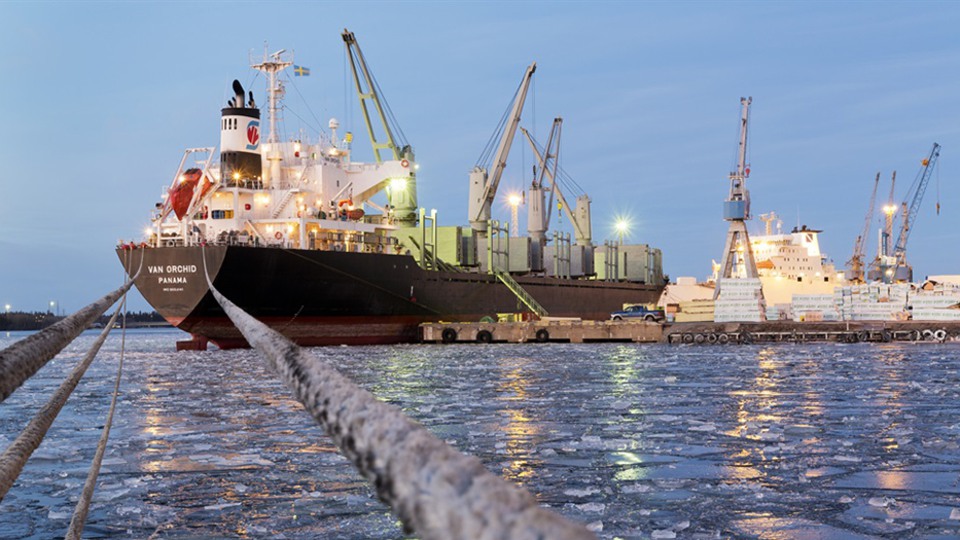
Ship Emissions
Recently introduced regulations on the sulfur content of diesel oils for ships have reduced emissions of acidifying sulfur oxides. Unfortunately, however, emissions of nitrogen oxides from shipping continue to increase. Particulate emissions are also an important issue due to their impact on human health.
International shipping is still characterized by weak environmental legislation in comparison with road traffic or stationary sources. But the opportunities for improvement are many and there is no shortage of technical solutions to reduce emissions from shipping.
NOx measurements and NOx certificates
IVL has performed on-board measurements of ship emissions since 1989. We are accredited for measuring, among other things, nitrogen oxides, sulfur oxides, carbon dioxide, ammonia and particles. We also issue NOx certificates, which form the basis for the Swedish Maritime Administration's NOx reduction certificate, which certifies that the vessel emits significantly less nitrogen oxides than the corresponding vessel without exhaust gas purification.
The demand for our NOx measurements according to ISO 8178 is great and over the years, IVL's measurement campaigns have led to large cost savings for shipping companies and their customers, as vessels with NOx certificates have reduced fairway fees and port fees.
Emissions in ports
IVL also has extensive experience in calculating emissions from ships in ports. Our calculation models are developed to take into account the vessels' different properties, purification techniques and policy instruments.
